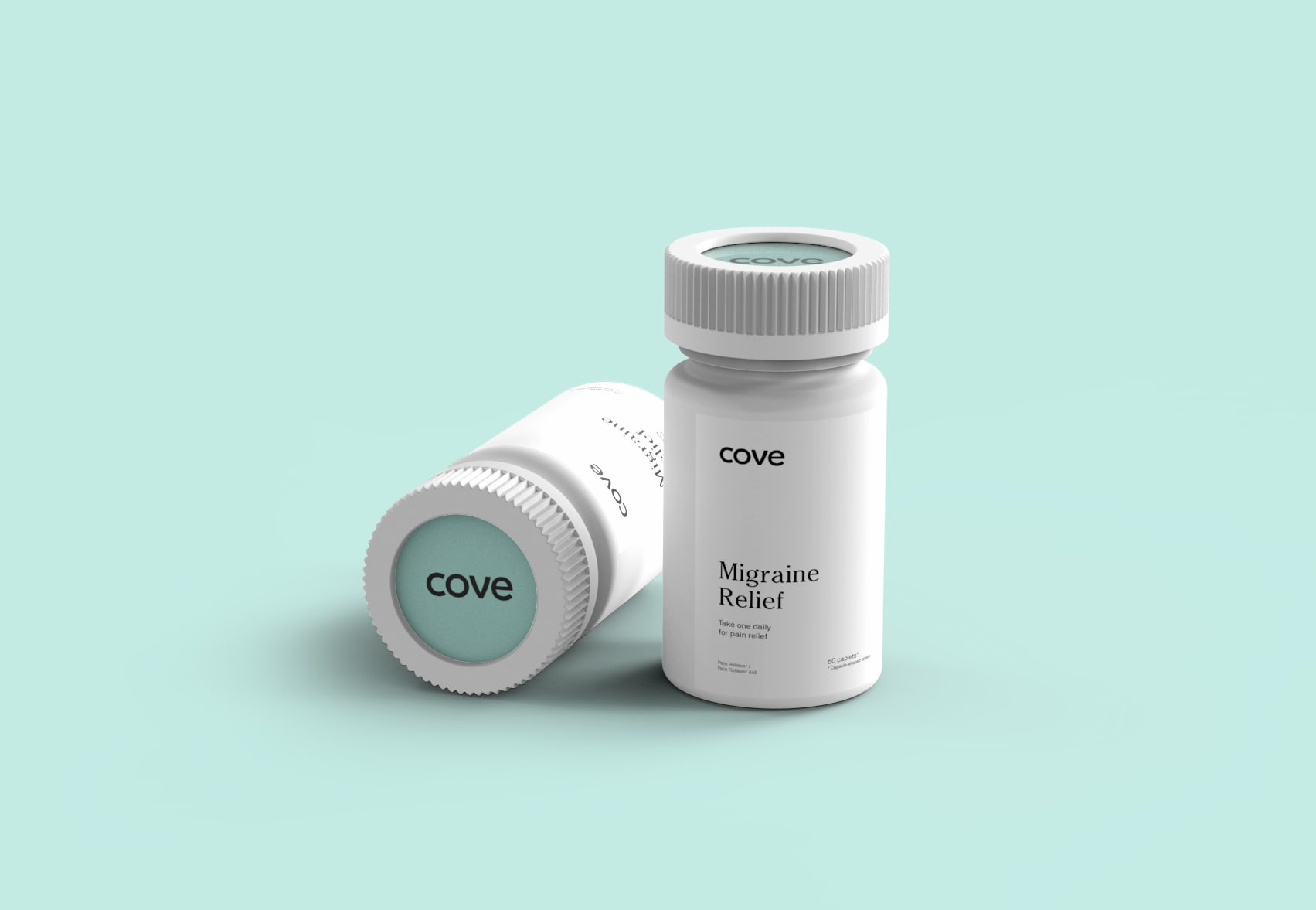Update: As of January 2021, Excedrin® Extra Strength and Excedrin® Migraine are back on store shelves—for the most part. The medications’ makers started producing them again in July 2020 (except for the caplet and gel tab forms, which ran into supply issues). But this month, the company warned retailers that some bottles of Excedrin® Migraine, Excedrin® Extra Strength, Excedrin® PM Headache, and Excedrin® Tension Headache could have holes in them. You can find specifics on which medications were affected on Excedrin’s website.
If you’re reading this, you probably already know something’s going on with Excedrin®—but is it a recall or a shortage? And how is it going to affect your migraine treatment routine?
We know how scary it can be to feel like you can’t get clear information about a potential issue with the medication you’re taking. That’s why we’re here to break it all down so you can make the best possible decisions for your health.
Is this an Excedrin® recall?
We’ll get straight to the point: This isn’t a recall. The company that makes Excedrin®, GlaxoSmithKline (GSK), has decided to temporarily stop making and distributing the medication as a precautionary measure.
Why is there a shortage of Excedrin®?
In their official statement, GlaxoSmithKline said they’ve halted production because of “inconsistencies in how we transfer and weigh ingredients.”
There isn’t a nationwide shortage yet, but drugstores won’t be able to restock once they run out of their current supply.
Which products are affected?
Two over-the-counter medications have been affected by GlaxoSmithKline’s decision: Excedrin® Extra Strength and Excedrin® Migraine.
Excedrin® Migraine, a go-to acute treatment option for many migraine sufferers, is an NSAID (nonsteroidal anti-inflammatory drug) made from acetaminophen, aspirin, and caffeine.
How long is the shortage supposed to last?
If you’re worried that Excedrin® has been permanently discontinued, you’ll be happy to hear that GlaxoSmithKline says this is only a short-term issue. That said, it isn’t clear yet when Excedrin® Extra Strength and Excedrin® Migraine will return to shelves.
Should I take the Excedrin® Migraine I currently have at home?
We know you’re hoping to hear that it’s definitely safe to take the Excedrin® Migraine you already have, but we’d never tell you anything we weren’t 100% sure of. Even though this isn’t a recall, we don’t have enough information to answer this.
If you have any questions or concerns about your Excedrin®, you should contact a pharmacist for specific advice.
Excedrin® Migraine alternatives: What you can take instead
We know having trouble getting the medication you need is really frustrating, especially when there are already so few effective over-the-counter options for migraine sufferers. Luckily, there are alternative treatments that you could try if you’re affected by the Excedrin® Migraine shortage.
If you're looking for an acute medication that's more effective, you should talk to a medical provider to see if a prescription treatment makes more sense for you. Naproxen, for example, is another NSAID that might work better for you than Excedrin® Migraine. In addition, there are seven different types of triptans, a medication that’s specifically designed to reduce the severity of migraine attacks. As always, a medical provider is the best resource if you have any concerns.
We know it’s not easy for migraine sufferers to just switch to another medication. Migraine is personal and we fully understand that it can take time to find the right one. If you’d like to talk to a Cove medical provider about potential migraine treatment options, you can get started here.
The information provided in this article is not a substitute for professional medical advice, diagnosis, or treatment. You should not rely upon the content provided in this article for specific medical advice. If you have any questions or concerns, please talk to your medical provider.
Naproxen is an oral medication used to ease pain, swelling, and fever. This drug may raise the chance of heart and blood vessel side effects like heart attack and stroke. If these happen, they can be deadly. The risk of these side effects may be greater if you have heart disease or risks for heart disease. However, the risk may also be raised in people who do not have heart disease or risks for heart disease. The risk of these health problems can happen as soon as the first weeks of using this drug and may be greater with higher doses or with long-term use. This drug may raise the chance of very bad and sometimes deadly stomach or bowel side effects like ulcers or bleeding. The risk is greater in older people. The risk is also greater in people who have had stomach or bowel ulcers or bleeding before. These problems may occur without warning signs. If you are pregnant or you get pregnant while taking this drug, call your medical provider right away. Tell your medical provider if you are breast-feeding. You will need to talk about any risks to your baby. If you would like to learn more about naproxen, please see the full prescription information here. You are encouraged to report negative side effects of prescription drugs to the FDA. Visit MedWatch: https://www.fda.gov/Safety/MedWatch/default.htm or call 1-800-FDA-1088.
Photo by Corinne Kutz on Unsplash.


